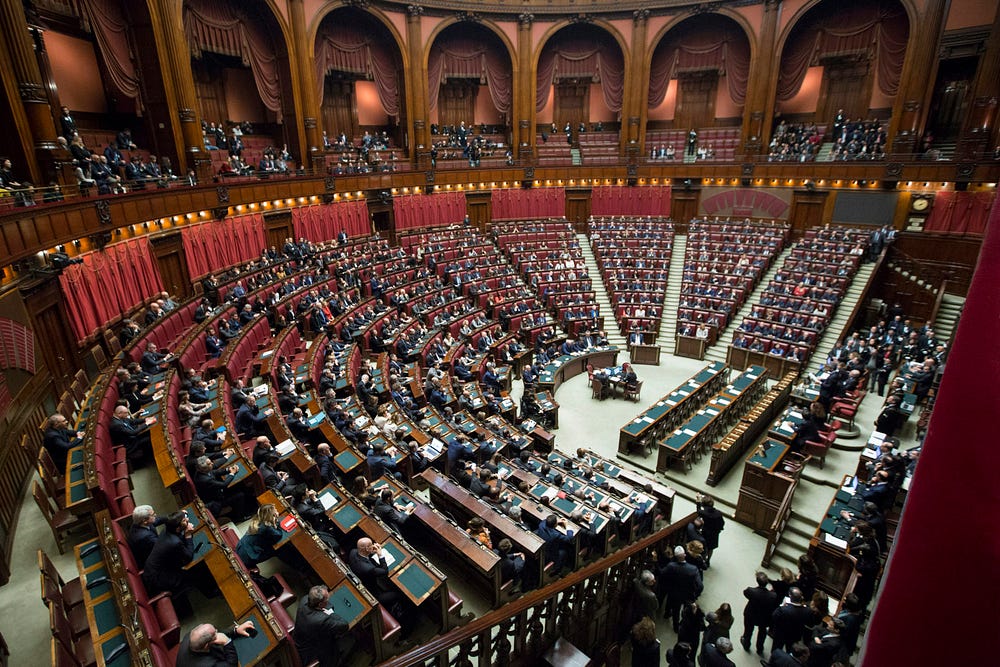Traditional Politics in Kashmir: A Tale of Betrayal and Forgotten Wounds
Fazal Wani ✉
With a complex netting of regional, national, and international interests, Kashmir’s political arena has long been volatile. Due to the region’s special geopolitical significance, politicians frequently have to modify their strategies to negotiate the shifting sands of power, making it a hotspot of conflict.

Past Developments Affecting Politics in Kashmir
The political history of Kashmir is filled with disputes and conflict. The area has had decades of instability, from the 1947 division of India to the late 20th-century insurgency movements. Political plotting by regional and outside actors has influenced the future of Kashmir and its people.
The People’s Suffering: The Kashmiri people have been suffering from the worst of the political unrest for many generations. The Kashmiri people have faced severe hardships, including human rights violations and curfews, which have been enforced. There have been casualties, displaced people, and a generalized feeling of unease as a result of the ongoing conflict.
Voting patterns and forgotten wounds
The people of Kashmir frequently find themselves in an ironic situation during elections, notwithstanding the traumas inflicted upon them. Promises of a brighter future may cause the memory of past atrocities to vanish. The need for justice can occasionally be compromised by compulsion, financial benefits, and the need for stability. The phenomenon known as “forgetting suffering” has several reasons why people in Kashmir tend to forget their past traumas. Even in the middle of hardship, people can frequently adjust to their circumstances due to their innate resilience. Furthermore, the constant onslaught of political discourse and propaganda can potentially cover up communal memory and the true scope of historical injustices. Furthermore, people may choose to emphasise positivity above the resentment of the past as a result of the appeal of hope and the promise of a better future overshadowing the traumas of the past.

Political personalities’ resilience: The ability of Kashmiri political personalities to hold onto power despite their deeds is proof of their stubbornness. These people may confront the very people they have mistreated by using a combination of charm, deceit, and force. It speaks volumes about the nature of politics in Kashmir and how people can adapt to and live in such a turbulent environment. It’s common knowledge in Kashmir’s complicated political landscape that politicians fight for positions of authority not always to represent the interests of the people but rather to grow their own. The goals of the people and the acts of their elected officials are at odds because of this self-serving style of governance. Instead of serving as platforms for real change, political fights end up serving as battlefields for factional advantage.
Opportunism in Kashmiri Politics: People and organisations frequently take advantage of the unstable atmosphere in Kashmir for their own gain. Opportunism has long been a defining feature of Kashmiri politics. Opportunists thrive in the instability of Kashmiri politics, whether through allying with powerful interest groups, taking advantage of socio-political tensions, or obtaining outside help. This selfish mindset creates an endless loop of instability as special interests keep influencing politics to suit their interests, frequently at the expense of the general public.

Wrap Up
It’s a lamentable reality that the people of Kashmir are often caught in the web of political exploitation, manipulated by false promises and relentless propaganda. As we reflect on the cyclical nature of our political landscape, it becomes imperative for us to reflect and question how we can break free from this cycle of deceit. We yearn for a Kashmir where genuine peace and prosperity prevail, and where the aspirations of the people are not sacrificed at the altar of political expediency. It’s time to shift our focus from transient political figures to enduring solutions.
Let us come together as a community to seek answers, to demand accountability, and to forge a path towards a brighter future. Politicians may come and go, but the underlying issues persist. It’s up to us, the people of Kashmir, to reclaim our agency, challenge the status quo, and strive towards building a society where true justice, equality, and peace reign supreme. Only then can we truly hope to see Kashmir become the peaceful heaven we all deserve.
Note: The data, facts, figures and opinions expressed here are the author’s own and must not in any case be considered as the stance of The Viral Post.
Author, Dr Fazal Ul Haq Wani, can be reached at: wanifazal@gmail.com





